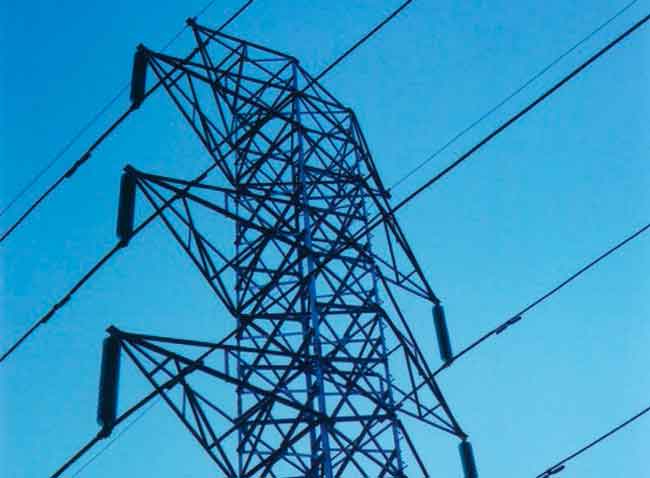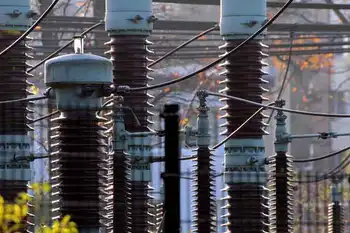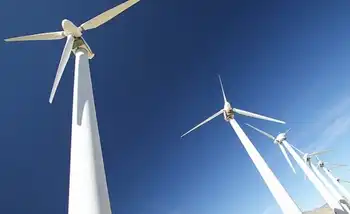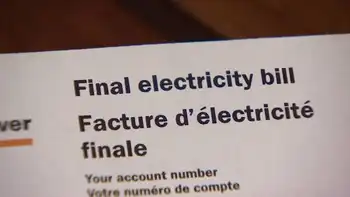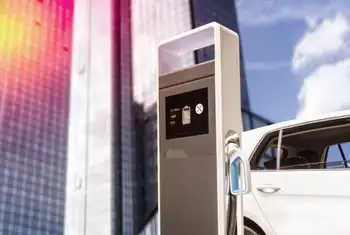Power plant to be fueled by wood waste
By Poten & Partners
Arc Flash Training CSA Z462 - Electrical Safety Essentials
Our customized live online or in‑person group training can be delivered to your staff at your location.

- Live Online
- 6 hours Instructor-led
- Group Training Available
The 55-megawatt plant is large enough to serve 40,000 average homes, according to Jarret Adams, media representative for Areva, Inc., an energy firm involved in the joint venture.
The plant will be fueled with 500,000 to 600,000 tons of green wood waste each year, Adams said. Agreements for feedstock are being worked out with area timber companies, but contracts have not yet been signed.
Agreements also need to be completed for selling the energy produced, and environmental permits must be completed before construction can begin.
"When we announce these things, we have a fairly high level of confidence that they will go forward," Adams said. "Of course, you can't say anything definitely."
The company in charge of the project is called Adage, owned 50-50 by Areva and Duke Energy. Also involved in the project is John Deere, which has already developed special equipment for bundling and stacking the wood waste for delivery to the plant.
Areva has more than 100 nuclear reactors in operation or under construction worldwide. Duke is one of the largest power companies in the U.S., serving some 4 million customers nationwide, mainly in the Midwest and Carolinas.
The joint venture is planning two nearly identical plants in Florida, with the Shelton plant also based on the standard design. It would use a "fluidized bed combustion" process that suspends material for more efficient burning. The heat is used to create steam to run turbines. The control system is designed to minimize air emissions and water usage.
"There are a few odd biomass plants around, but nothing like what we're doing here — building a fleet of carbon-copy plants," Adams said. "It is also unique to have two major energy companies behind them."
Biomass is considered renewable energy, and energy from the new plant could help a utility meet a state requirement that 15 percent of its energy come from renewable sources by 2020. Biomass is considered renewable — even though burning releases carbon dioxide — because an equivalent amount of carbon is locked up by growing trees and other plants.
Unlike wind and solar power plants, biomass plants have the capability to operate around the clock, day after day, no matter the weather conditions, Adams said.
During the 2 1/2-year construction period for the Shelton plant, about 700 direct and indirect jobs may be created, Adams said.
In Florida, a similar plant in Hamilton County is expected to be under construction in a few months, he noted, placing it slightly ahead of the Shelton plant. In Gadsden County, Fla., a similar plant is in the initial stages of planning.





